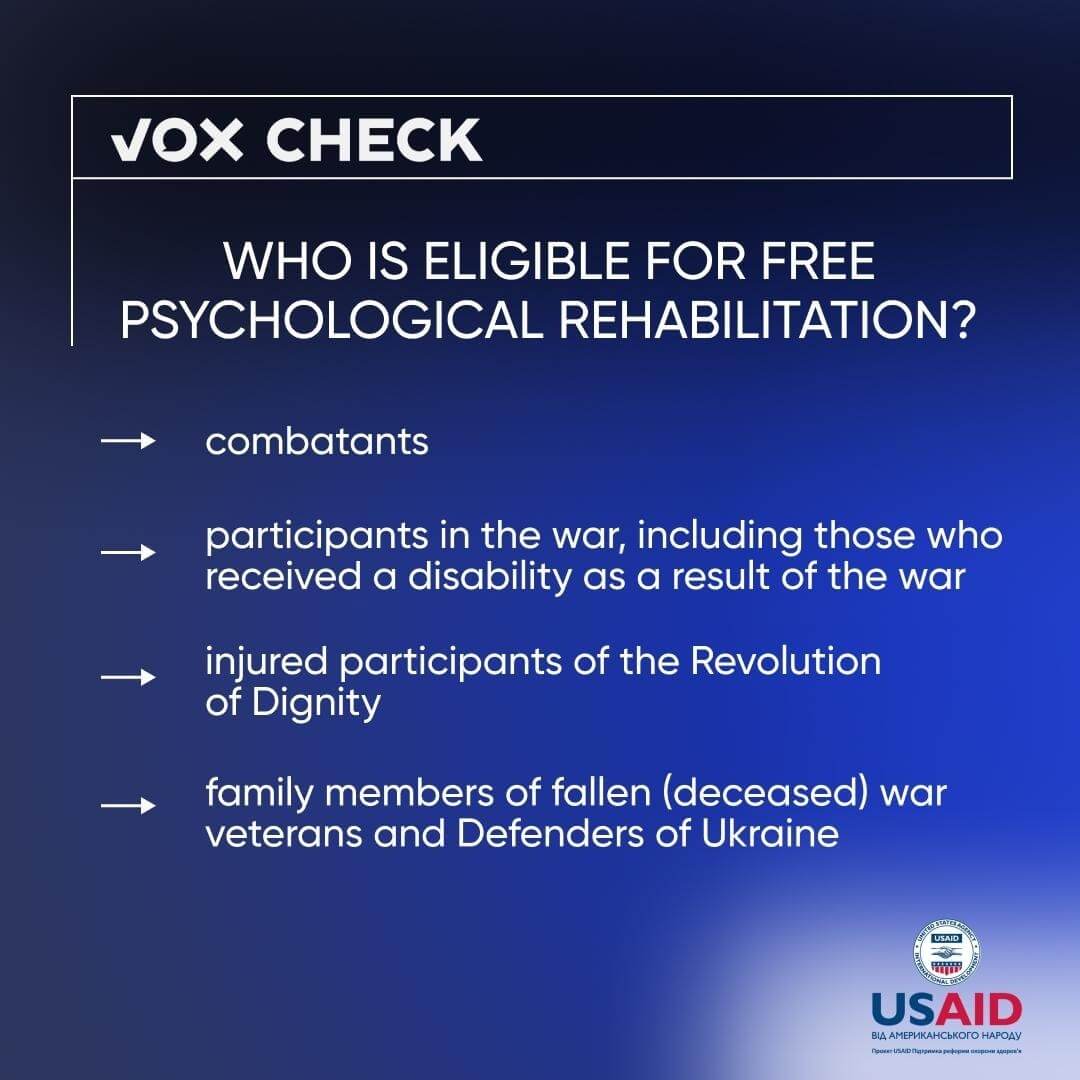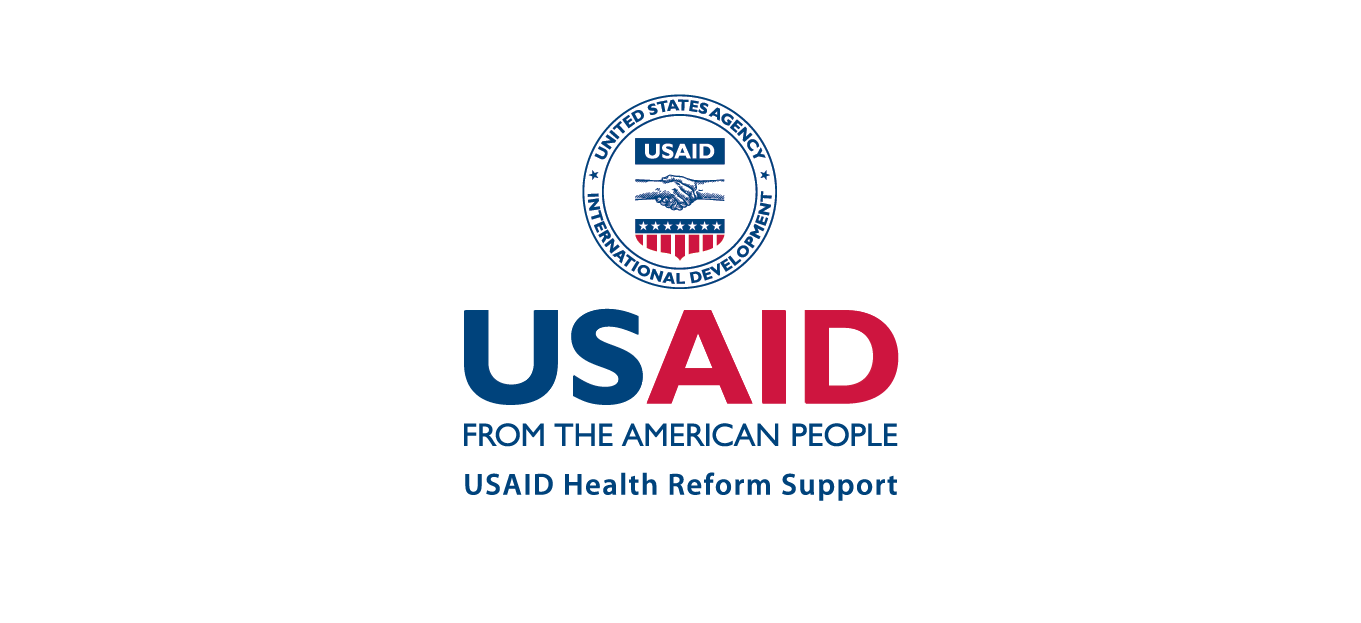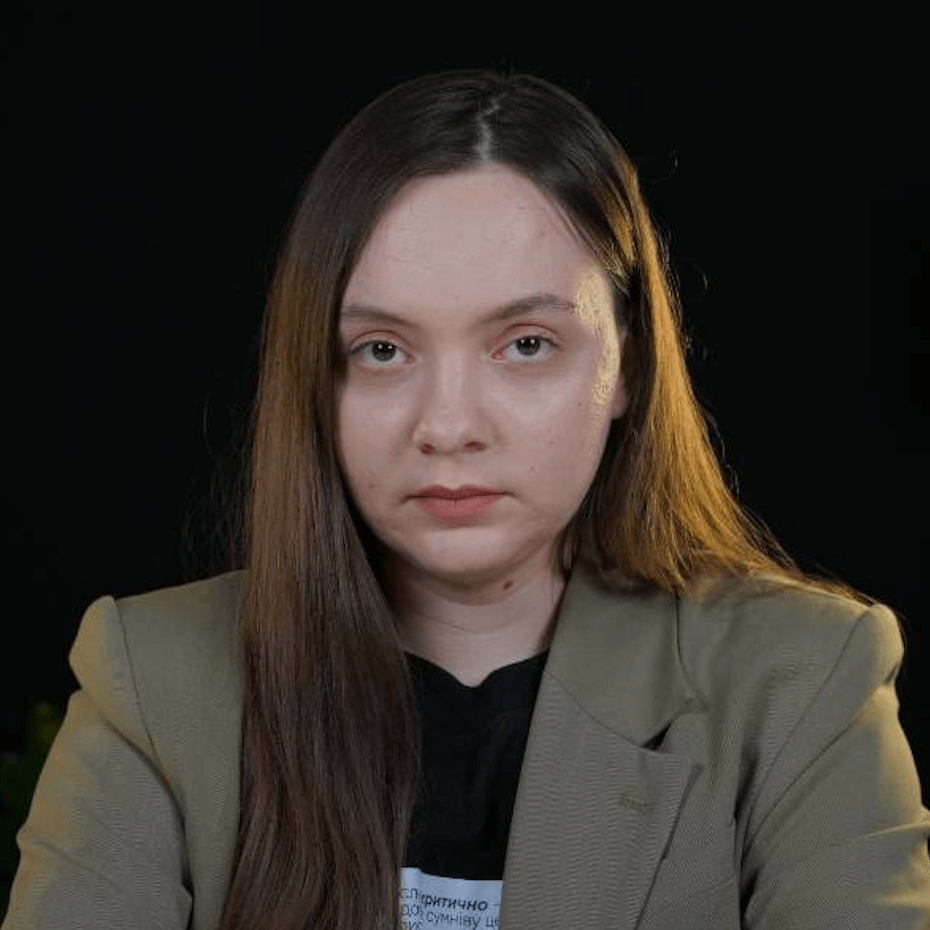During the speech in Parliament on the occasion of Constitution Day of Ukraine, the president spoke about the guidelines of the future Ukrainian doctrine. He also spoke about the need to improve the rehabilitation system in Ukraine, including the psychological aspect. In this context, he mentioned the necessity of passing a law to legalize medical cannabis. As usual, Russian propagandists took a separate phrase from his speech and distorted it for their own benefit.
With the support of the USAID Health Reform Support project, VoxCheck analyzes and refutes public health narratives spread in the information space of Ukraine, Belarus, and russia on a weekly basis.
After Volodymyr Zelenskyi’s speech in the Verkhovna Rada, propagandists quoted the speaker of the Russian parliament, Volodin, claiming that the president proposes that the citizens of Ukraine “endure pain, stress, and trauma” through the legalization of marijuana, “driving the final nail into the coffin of Ukrainian statehood”.
What’s the reality?
On June 28, on Constitution Day, President Volodymyr Zelenskyi spoke for over an hour in the Verkhovna Rada. Among other things, the president discussed the need to develop the field of rehabilitation assistance in Ukraine. One of the steps is the legalization of medicines based on cannabis. He stated, “The necessity of mental rehabilitation is as important as the necessity of physical rehabilitation. Ukraine should create the strongest rehabilitation sector in Europe, and this applies to both the construction of rehabilitation centers and the training of relevant personnel. The state will contribute to the creation of the necessary number of new jobs to provide rehabilitation not only for our people but also to become a global exporter of recovery and reintegration practices for all those who have experienced and suffered from war. All the best global practices, the most effective policies, and all the solutions, no matter how complex or unconventional they may seem to us, should be applied in Ukraine so that Ukrainians do not have to endure the pain, stress, and trauma of war. In particular, we must finally legalize, for those in need, medicines based on cannabis, with appropriate scientific research and controlled Ukrainian production“.
In other words, Zelenskyi is not proposing that the population “endure”, but rather, he is discussing the improvement of the rehabilitation sector in Ukraine, including the opening of centers, rehabilitation departments, and the training of professionals. The legalization of medicines based on cannabis is just one of the steps toward improving the conditions of rehabilitation for veterans and war victims.
The path to the legalization of medical cannabis involves the adoption of bill No. 7457 by the Verkhovna Rada, which was submitted back in June 2022. Politician Yaroslav Zheleznyak announced on his Telegram channel that the bill is expected to be considered at the upcoming plenary session. According to him, there is currently no confident support for the bill.
It is worth noting that we are specifically talking about medicines based on medical cannabis. Medical cannabis contains cannabidiol, which does not have pronounced psychoactive effects, making it unsuitable for recreational use. Such medicines serve as an alternative to drugs based on other narcotic substances, such as morphine and opium, which are used in Ukraine. They will be subject to the same control measures, only being dispensed with a prescription, and their conditions of use and dosage will be determined based on clinical protocols developed in line with global practices. Chief State Sanitary Doctor of Ukraine, Ihor Kuzin, discussed this during a telethon.
According to the estimates of Mykhailo Radutskyi, the Chairman of the Verkhovna Rada Committee on National Health, Medical Assistance, and Medical Insurance, there are currently around 5-7 million people in need of treatment using medical cannabis. Before the full-scale war, the numbers mentioned were around 2-3 million individuals. Additionally, according to the Minister of Health, Viktor Liashko, due to the war, approximately 15 million people will require psychological support, with 3-4 million of them needing medication-based treatment. As reported by the Ministry of Health of Ukraine, medical cannabis alleviates the course of over 50 pathological conditions, including:
- post-traumatic stress disorders, particularly those acquired as a result of armed conflict;
- neurological disorders (such as Alzheimer’s disease, Huntington’s disease, and Tourette syndrome);
- gastrointestinal disorders;
- chronic neuropathic pain;
- symptom complexes in cancer patients (palliative care for pain relief, nutritional disorders, and sleep improvement).
Since the beginning of the full-scale invasion, work has been underway to increase the number of healthcare facilities where rehabilitation can be provided, utilizing modern foreign practices. Currently, rehabilitation is not only carried out in separate centers but also directly in large hospitals. More attention is being given to psychological rehabilitation. The Ministry of Veterans Affairs of Ukraine directly contracts hospitals that provide psychological rehabilitation for military personnel. Hospitals with a multidisciplinary team consisting of a psychiatrist, neurologist, and two psychologists enter into contracts with the ministry. As of the second half of 2022 (the latest available data at the time of publication), over 7,000 psychological rehabilitation services have been provided.
This information piece was produced with the assistance of the United States Agency for International Development (USAID), provided on behalf of the people of the United States of America. This article’s content, which does not necessarily reflect the views of USAID, the United States Government, is the sole responsibility of Deloitte Consulting under contract #72012118C00001.
Attention
The author doesn`t work for, consult to, own shares in or receive funding from any company or organization that would benefit from this article, and have no relevant affiliations




